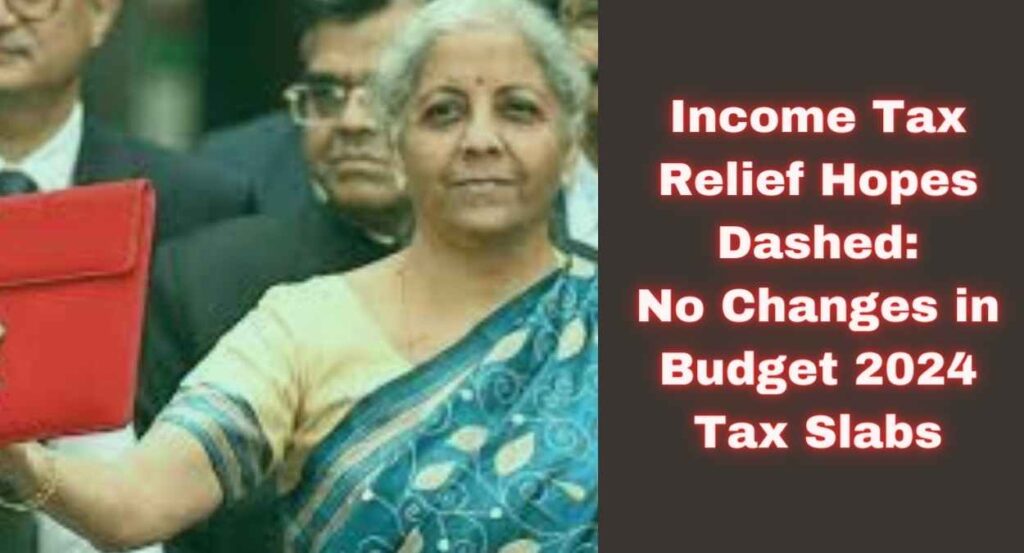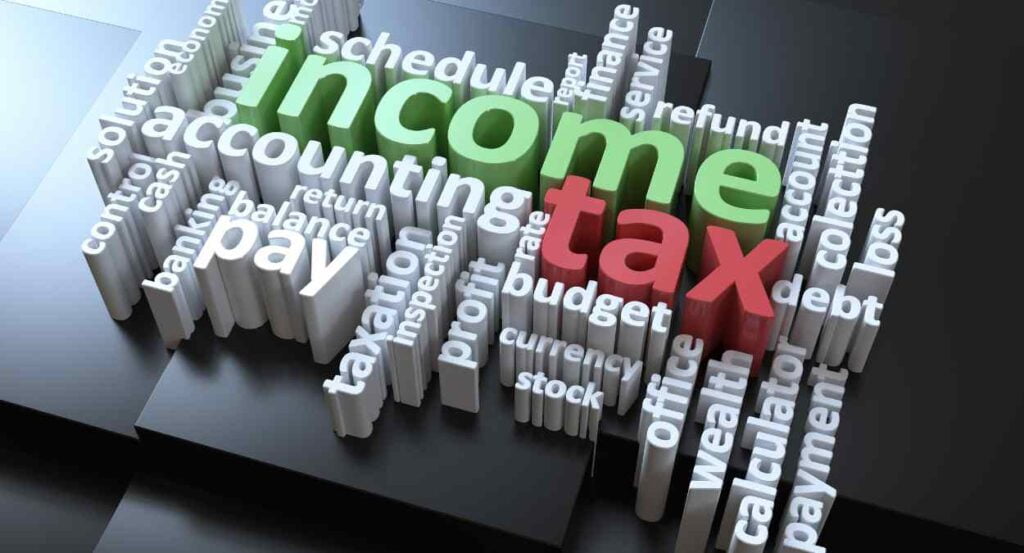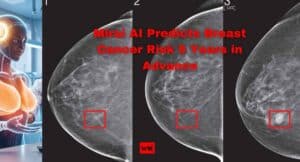{ income tax slabs 2024-25, budget 2024 income tax, new income tax regime, income tax rates fy 2024-25, standard deduction fy 2024-25, income tax rebate fy 2025 }
The Union Budget 2024, presented by Finance Minister Nirmala Sitharaman on February 1st, 2024 brought no cheer for the common man and salaried class expecting major income tax relief. With an eye on fiscal prudence before the 2024 Lok Sabha polls, FM Sitharaman made no changes to the existing income tax slabs and tax rates.

Budget 2024 : No Changes to Income Tax Slabs, Rates
In her Budget speech, FM Sitharaman said, “I appreciate income taxpayers and the changes brought about in the new income tax regime last year have benefited them.” This hinted there would be no modifications in the personal income tax structure.
The income tax slabs for FY 2024-25 thus remain unchanged from last year:
New Tax Regime
| Income Level | Tax Rate |
|---|---|
| Up to Rs 3 lakh | Nil |
| Rs 3-6 lakh | 5% |
| Rs 6-9 lakh | 10% |
| Rs 9-12 lakh | 15% |
| Rs 12-15 lakh | 20% |
| Above Rs 15 lakh | 30% |
This dashed hopes of revisions in the income tax slabs and rates to provide more tax relief and disposable income in the hands of salaried taxpayers.
The Income Tax slabs and tax rates also remain unchanged in the old tax regime with tax rates of 5%, 20% and 30% on different income slabs.

Comparative Analysis: Old vs New Tax Regimes
While the new income tax regime offers lower tax rates, it comes at the cost of foregoing major tax deductions and exemptions permitted under the old regime.
Here is a comparative analysis:
| Parameter | Old Tax Regime | New Tax Regime |
|---|---|---|
| Tax Rates | 5%, 20%, 30% on income slabs | Lower – Nil to 30% based on income level |
| Deductions/Exemptions | Permits popular exemptions under Sec 80C, 80D, 24 etc. | Disallows most major exemptions |
| Tax Saving Investments | Yes (PPF, ELSS, ULIP etc.) | Not permitted |
| NPS Contribution Deduction | Yes | No deduction allowed |
| Standard Deduction | No | Fixed at ₹50,000 |
| HRA Exemption | Allowed | Not allowed |
| Surcharge | Up to 37% | Capped at 25% |
“There was an expectation that popular investment-linked deductions under Section 80C and 80D for health insurance may be permitted under the new regime to make it more attractive. However, no such provisions were announced in the budget,” said top tax expert Chander Talreja.
This would disappoint taxpayers looking for tax-saving investment options to reduce their annual tax outgo.
Key Income Tax Relief Expectations from Experts
Ahead of Budget 2024, economists and tax analysts had expected the following major income tax proposals:
- Revision in the 30% tax rate threshold from ₹15 lakh to ₹20 lakh
- Hike in standard deduction limit beyond ₹50,000
- Inclusion of Section 80C deduction in the new regime
- The higher limit for housing loan interest deduction
- More tax rebates for senior citizens
However, none of these expectations materialized in FM Sitharaman’s Budget as the status quo was maintained on the direct taxes front.

Relief from Income Tax Refund Delays
While no tax rate relief has been provided, some respite has come in by way of faster processing of income tax refunds. FM highlighted that the average refund time has been reduced from 93 days in 2013-14 to just 10 days currently due to technology upgrades and process improvements in the tax department.
This would provide relief to individual taxpayers as delayed refunds often created liquidity issues for those expecting income tax money back from their salaried income.
Other Key Budget 2024 Announcements
Alongside personal income tax provisions, some other key Budget 2024 highlights included:
- The limit of disputed tax demand to be withdrawn was raised for past assessment years
- Tax agreements signed with countries like UAE, Nicaragua and Kenya to prevent tax evasion by sharing information
- 50% average increase in people’s real incomes over the past decade as per government data points
“With high inflation at 6% and soaring cost of living, there was expectation across middle income groups of relief in income tax slabs or rates this budget. The status quo along with limited deductions and exemptions would further squeeze disposable incomes and consumer spending,” said economist Rahul Sharma.
FAQs on Income Tax Provisions in Budget 2024
Q1. What are the income tax slab rates for FY 2024-25?
No changes have been made in the existing income tax slab rates for both old and new tax regimes in Budget 2024.
Q2. Has standard deduction limit been increased this budget?
No. Standard deduction in Budget 2024 remains unchanged at ₹50,000 under the new tax regime.
Q3. Is National Pension Scheme (NPS) investment deduction allowed?
No. Deduction for NPS contribution also remains unavailable in the new income tax regime.
Q4. Are there any new income tax rebates offered now?
No new rebates were announced in Budget 2024 for income taxpayers. The existing rebate under Section 87A stays.
Q5. Has limit for house rent allowance deduction changed?
No updates regarding house rent allowance deduction were provided in Budget 2024.
Q6. Has medical insurance premium deduction been permitted?
Deduction for health insurance premium payment is still not permitted under the new income tax regime.
Q7. Has the timeline for income tax refund reduced further?
Yes. Average refund processing time has reduced from 93 days in FY 2014 to only 10 days in FY 2023 as shared by the Finance Minister.
Concluding Thoughts
Overall, Budget 2024 turned out to be a missed opportunity for the Modi government to provide some respite to taxpayers struggling with job losses and pay cuts after the pandemic, global slowdown as well as rising inflation and cost of living.
While technology upgrades have eased income tax refund delays, the absence of any benefits by way of tax rate cuts, more rebates or enhanced deductions and exemptions would leave the average middle-class Indian taxpayer disappointed.
With Lok Sabha polls due in the summer of 2024, time is also running out for the current regime to appease India’s large middle-class voter base through reform measures like income tax slab changes.
Disclaimer: This blog article is published for educational purposes only for “Wini Media”. Views expressed do not reflect official tax policy. Please consult tax experts/CAs for personal finance or tax queries.






























